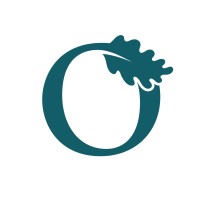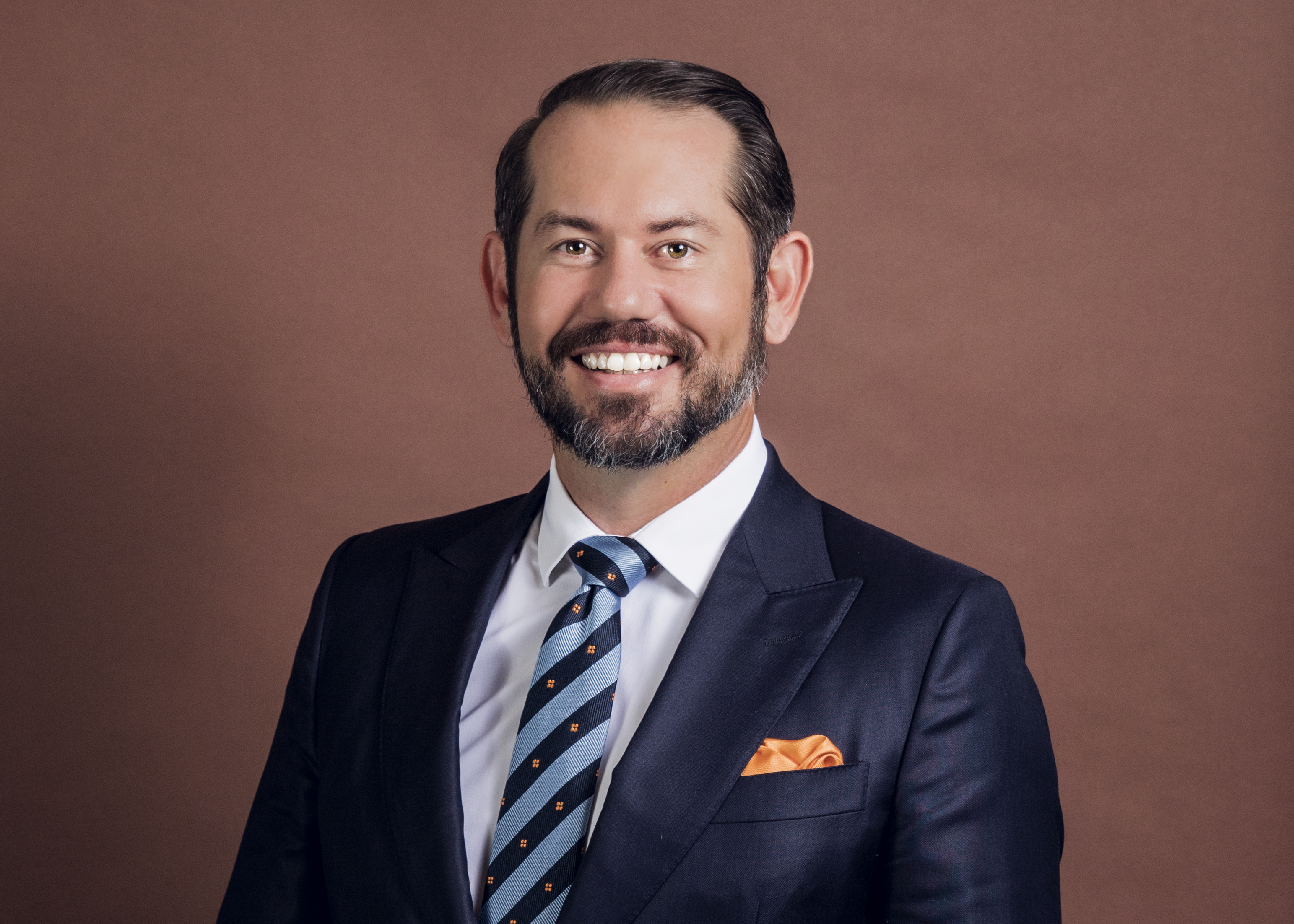Troy Sharpe | Source | CEO & Co-Founder at Oak Harvest Financial Group

Troy Sharpe
As CEO, Troy is responsible for the vision and direction of Oak Harvest Financial Group. He is also the creator of our Oak Harvest Retirement Process™ analysis, strategy and planning process. Financial Advisors use this process to clarify our clients’ situation, needs and retirement vision. Our advisors then use its insights to help build customized investment plans for our clients that generate multiple streams of income while aiming to reduce taxes.
Troy is a CERTIFIED FINANCIAL PLANNER™ Professional (CFP®) and Certified Tax Specialist® (CTS®). He also holds a Series 65 Investment Advisors license and a Texas life insurance license. Troy earned his finance degree from Florida State University and completed Certified Financial Planning certification at the Susanne M. Glasscock School of Continuing Studies at Rice University.
Troy leads teams of investment advisors, retirement planners, tax specialists, support and concierge service staff. These diverse professionals work together to provide sophisticated, tailormade investment management and retirement planning, coupled with responsive concierge customer service.
You can hear Troy at 12 p.m. each Sunday on NewsRadio AM740, KTRH, when he hosts “The Retirement Income Show.” And you can see Troy on our Oak Harvest YouTube page. There, he regularly shares videos to help educate clients and prospective clients on the basics and the nuances of retirement planning, estate planning, income generation, tax reduction, tax strategies, investment management and more.
-

Oak Harvest Financial Group
CEO & Co-Founder
-
I'm 61 with $1 Million In My 401(k). Can I Retire?
Troy Sharpe, CFP®, takes a look at Jason's situation and runs it through an advanced simulation to see the probability of making it through retirement with money. Jason has $1,000,000.00 in his 401(k) and $200,000.00 in a non-qualified account. In this episode, Troy looks at 1,000 different scenarios looking at the probability of successfully retiring without running out of money, given the current economic situation. The analysis is part of what we at Oak Harvest call a Oak Harvest Retirement 360 plan, a customized solution aimed squarely at your retirement needs. Oak Harvest Retirement 360 Plan Instead of trying to fit you into a box, Oak Harvest builds the box around you. So, no two plans are exactly alike. We tailor investments, income, tax-reduction, safety, long-term care and legacy solutions around your retirement vision and goals. It starts with a discussion about your retirement vision. A retirement vision is the...
Video -
I'm 60 With $1 Million How Much Can I Expect To Spend In Retirement
Do I need a Roth Conversion? How long will I live? Will I run out of money? What if I die before my spouse, will they be ok? These are some of the questions we look at in this case study of a couple in their 60's with $1 million. We take a look at how much they can expect to spend in retirement. We'll also take a look at some of the things that might go wrong while in retirement. 00:00 Introduction 01:06 The “Light Bulb” Moment 02:38 Parameters 03:30 Income Plan 05:54 Inflation and Your Income Plan 07:10 Social Security 08:29 Monte Carlo Simulation 10:43 Sequence of Returns Risk 11:19 Roth Conversions 12:14 Biden Tax Legislation Livestream 13:27 Required Minimum Distributions 15:06 Identifying the Shortfall 17:46 Social Security Income Analysis 21:05 Play Zone 27:53 Your Portfolios and Time 28:27 Contact Us and Subscribe #incomeplanning #retirementplanning #retirementincome #retirewith1million #retirementat60...
Article -
What's The Average 401K Balance by Age and How Much Should You Be Saving For Your Retirement
In this episode, Troy Sharpe, CFP® discusses the average 401K balance by age and talks about how much you should be saving for retirement. This gives you the chance to see how you compare to the national averages and also this video will give you the opportunity to think about how much you should be saving towards retirement. Many financial planners, advisors, and investment managers specialize in distinct segments of the market. Some invest only in domestic stocks, bonds, or real estate. Other managers get more granular in managing only US large-cap growth stocks, energy MLPs, or maybe apartment or industrial real estate. When their narrow investment strategy falls out of favor, some managers do not adjust to the new market dynamics. Think back to the go-go “internet bubble” of 1997-2000. What happened to all those technology heavy mutual funds and portfolios after the bubble burst? We believe that at...
Article



